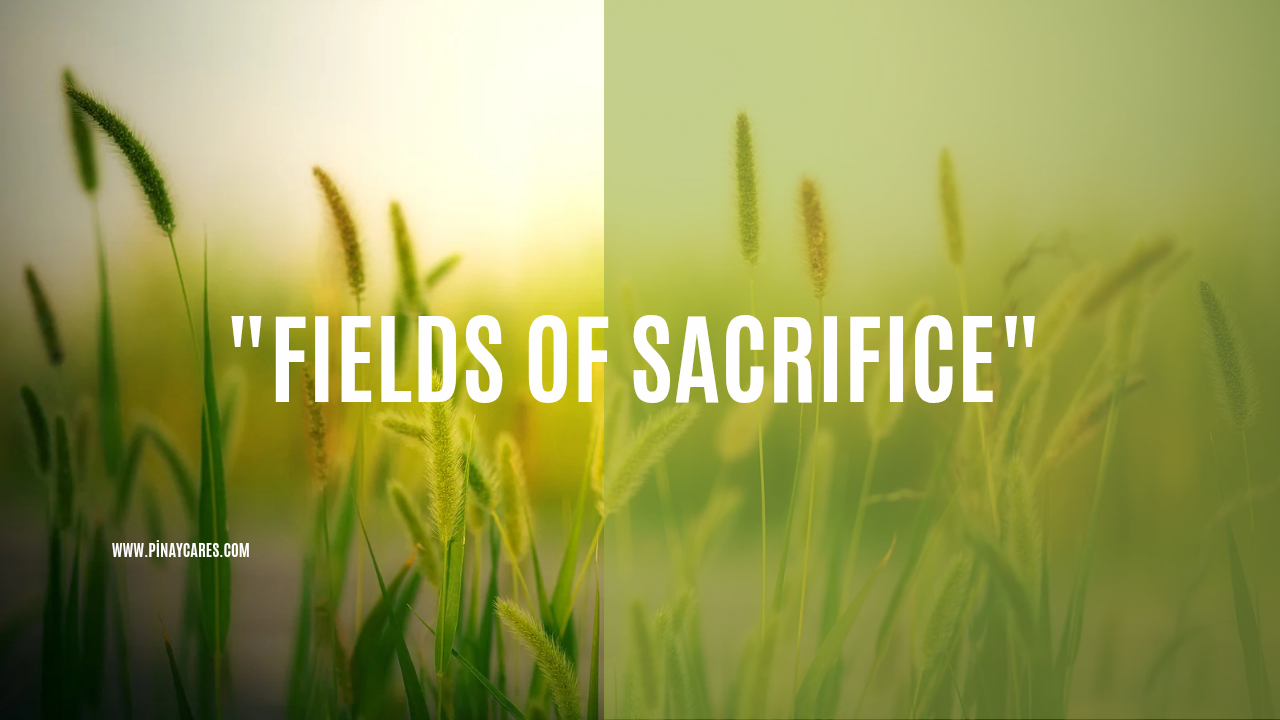When Benjamin Ben Lizada first stepped onto the vast green pastures of Waikato, New Zealand, he could hardly believe the view before him. The rolling hills, clean air, and rows of cows grazing peacefully were nothing like the sugarcane fields back in Negros Occidental, where the sun burned hot and the soil was often dry.
Ben had been a farmer his whole life. He grew up helping his father plant rice and vegetables. The farm wasn’t theirs it belonged to a landlord but it was all they had. Life was simple but hard. After getting married and having two children, Ben realized that staying in the Philippines would mean his children growing up the same way he did working in fields with little security.
Then came an opportunity: a dairy farm in New Zealand needed skilled workers. The pay was better, and they offered housing. Ben didn’t hesitate. With help from a cousin already in Auckland and some borrowed money, he applied. A few months later, he was on a plane for the first time, leaving behind his wife, his kids, and the only land he had ever known.
His first few months on the farm were a whirlwind. The work was intense. Waking up at 4;30 am to milk cows, feeding them, cleaning sheds, maintaining fences, and monitoring livestock health all in cold weather that chilled his bones. The cold wind cut through his jacket and made his hands stiff. But Ben didn’t complain. He learned quickly, watched how his Kiwi co-workers, and earned the trust of the farm manager.
Language was a barrier at first. Though most New Zealanders were friendly, Ben struggled with the accent and local slang. He once mistook good on ya for an insult and replied defensively, only to find out it meant well done. Over time, he picked up enough English to joke with the crew during breaks.
Despite the challenges, Ben found moments of quiet joy. On weekends, he would call his family, watching his children grow through a cracked phone screen. He started sending money regularly enough for school supplies, a small fridge, and medicine for his mother. His wife, Liza, began planting vegetables in their backyard and saved up to build a sari-sari store. We’re okay here, she often said, but we miss you.
One winter, a young calf on the farm fell ill, and Ben stayed up late nursing it. When it survived, the manager praised him in front of the whole team. That’s the kind of heart you can’t teach, he said. From then on, Ben was seen not just as a worker but as someone essential.
By his third year, Ben had saved enough to buy a small plot of land back in Negros. It wasn’t much, but it was his. He dreamed of planting mangoes, raising goats, and returning home to be with his family for good. But for now, he renewed his contract one last time. Because every cow he fed, every early morning he endured, and every hour spent under foreign skies was for a future he could almost touch.
And though the soil beneath his boots wasn’t Filipino soil, his hands carried the strength of generations of farmers before him. In the fields of New Zealand, Ben wasn’t just working he was sowing hope, one day at a time.



